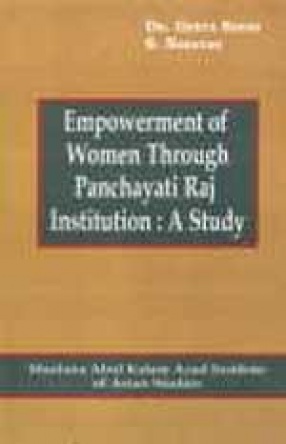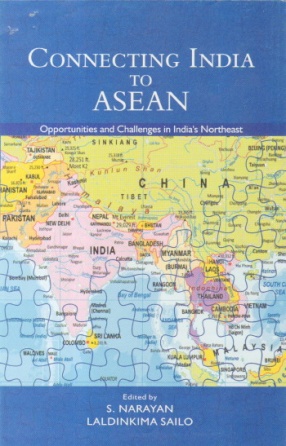The provision of not less than one-third seats for women in PRIs through Seventy Third Constitutional Amendment has paved way for empowerment of women. The finding in this publication is based on primary data and provides a fresh framework to understand the process of empowerment of women. This book argues that three factors influence empowerment of women representatives in PRIs. These are patriarchy and cultural expectations, empowering policy environment (such as mandated representation of women in PRIs) and gender relationship in the private domain. The study illustrates that provision of mandated representation of female in PRIs provides an opportunity to a woman, to translate her ‘passive’ reflection and observation on her environment into ‘active’ agenda or demand. This book describes the unique duality of women agency where resistance and collusion goes together. The overt manifestation of women agency in the public domain is connected to the covert women agency at work in the private domain. Finally, based on the research finding an attempt is made to derive some policy suggestions. The findings of this research are of direct relevance for academicians, researchers, policy makers and NGOs who are working in the area of women’s empowerment and local governance.
Empowerment of Women Through Panchayati Raj Institution: A Study
In stock
Free & Quick Delivery Worldwide
reviews
Bibliographic information
Title
Empowerment of Women Through Panchayati Raj Institution: A Study
Author
Edition
1st ed.
Publisher
Towards Freedom, 2008
ISBN
818206015X
Length
vi+74p., Figures; Tables.
Subjects










There are no reviews yet.